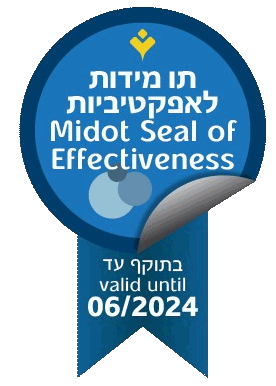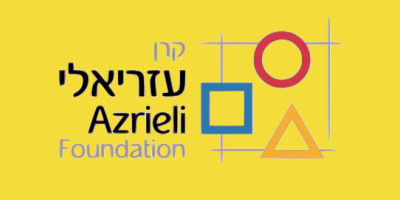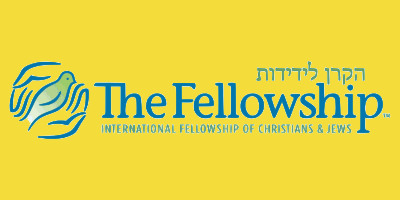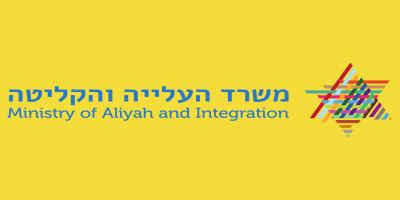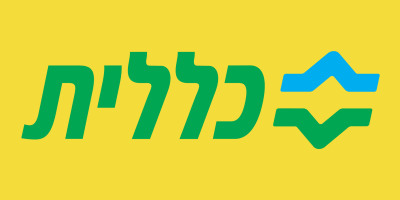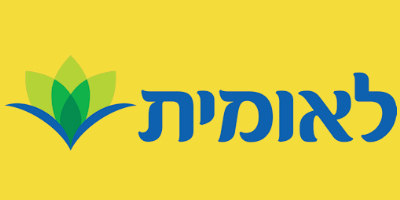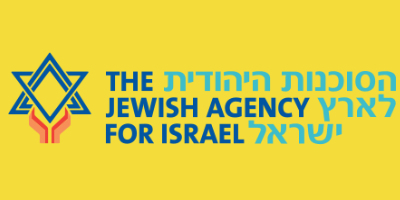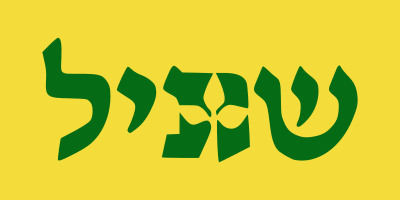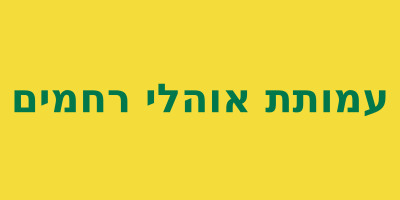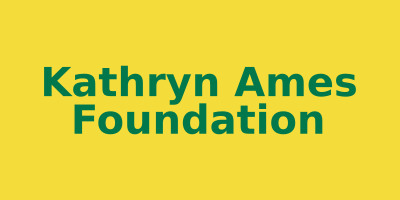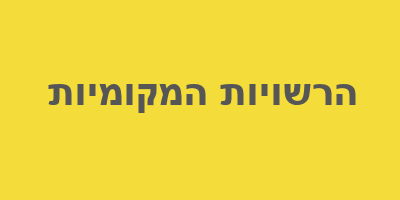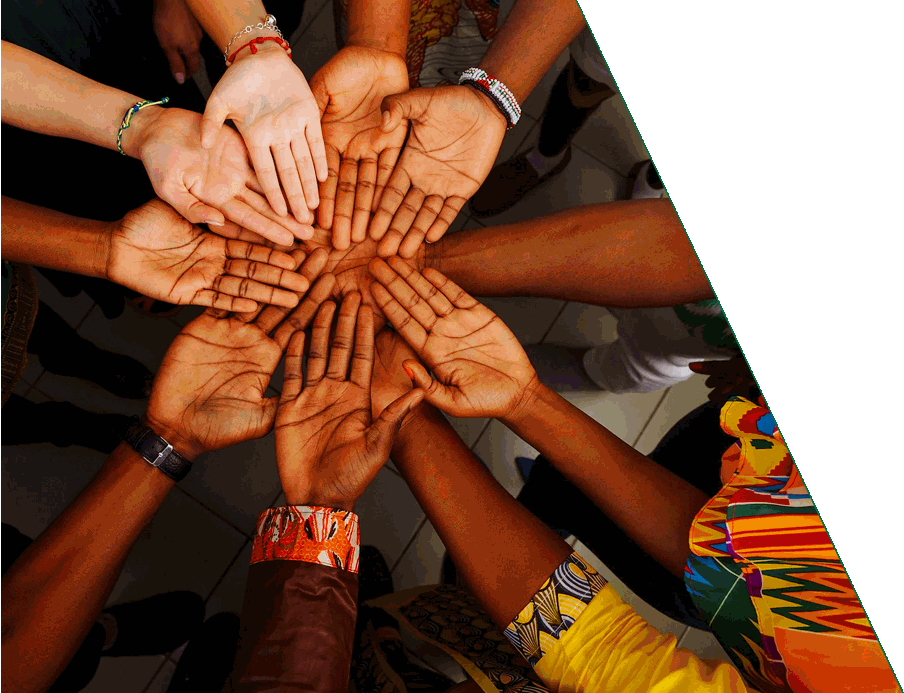In the past years Tene Briut has collaborated with the Israel National Broadcasting Authority to produce a radio program on health issues in Amharic for the Ethiopian immigrant community. This project was established with the help of the Kennedy Leigh Trust. The half hour health radio program is broadcast twice monthly and incorporated in the regularly scheduled Amarhic broadcasts. The program is particularly aimed at a listening audience of Ethiopian immigrants whose knowledge of spoken and written Hebrew is limited and who rely heavily on the radio as their main channel of communication. The program takes the format of interviews with health professionals and community leaders and includes time for phone-in question and answer sessions. The production of the program has been enabled by a grant from the Kennedy-Leigh Foundation to the Tene Briut Project. Following is a summary of the main finings of a phone survey that was conducted for the purpose of assessing the exposure to and interest of member of the Ethiopian immigrant community in Israel who are the intended population of this program.
Some of the main findings
$1· A large majority of both men and women listen to the Amharic radio program
$1· A large majority of the both men and women of the Amharic listeners listen to the health program and are very interested in it
$1· The health program is mentioned by most as the one they listen to, compared to other programs
$1· The program is especially appreciated by those who have a low Hebrew language proficiency
$1· A large majority of the listeners felt they learned a lot about health from the program and it influenced them to change behaviors, though relatively fewer felt it explained how to protect their health.
Method
Structured phone interviews were conducted with Ethiopian immigrants. The sample was drawn from lists of Ethiopians registered in community centers across the country. Interviewees were chosen randomly from the lists. There were only a few refusals. Interviews were conducted by a nurse, and Ethiopian immigrant who speaks both Amheric and Hebrew. She was not part of the Radio Project. Most of the questions were closed-ended on a four-point scale. Open-ended questions were coded.
Sample
A total of 101 Ethiopian immigrants were interviewed, among them 57% women and 43% men. Women mean age 40±18 and men 44±21
Year of immigration to Israel: The average year was 1989±5 [27% “Moses Operation”; 54% “Solomon Operation”, and the rest, 19% immigrated in the past decade.
Marital status: Most respondents were married (63%), about a fifth single, and 14% separated or divorced, 3% widowed.
Formal education: average 6 years±6; half did not have any schooling, 2% had an elementary school education, 36% had a high school education, and 12% secondary school.
Hebrew proficiency: Over half reported their knowledge of Hebrew was very low (29%) or they did not speak Hebrew at all (21%).
Residence: Half of the respondents (52%) live in a neighborhood of Ethiopian immigrants, 38% in areas close to where there is a concentration of Ethiopian immigrants, and 10% do not live close to Ethiopian immigrant neighborhoods.
Findings
A large majority of the respondents (76%) listen to the radio in Amheric.
Listening habits
Among those who listen nearly all (95%) find the programs in Amharic interesting, and all of them listen to more than one program.
Among other programs, The health program has the highest number of listeners: 6% other, 22% listen to news programs, 33% legal issues, and 88.5% health. The health program also was liked most frequently (65%; compared to news and legal issues; 16%).
Preferred broadcast time: Most (66%) prefer to listen to the program in the evening; about a third at noon (30%), and a small minority at night (3.5%) and in the morning. Women, and those with higher Hebrew proficiency preferred the evening hours.
Frequency of Listening to the Health Program:
About half of the respondents (57%), listened to the health program several times and nearly a quarter (24%) listened to it quite a lot and 18% once. Only 5 respondents (7%), from those who listened to the radio programs in Amheric did not listen to the health program and three of them said they are interested in programs about health.
Format of the health radio program:
Nearly all of the respondents who listened to the program on health (93%) indicated they liked the interview with the professionals in the studio and three quarters liked the format that allowed listeners to call and ask questions during the program (12% did not). Differences were found according to education level, where those with less formal education liked very much the opportunity to be able to ask questions.
About half of the respondents offered suggestions for topics to include in future programs:
Health issues 14.5%, Education for children 12.5%, sexuality 5%, adolescence, culture, Medication 4%
Assessment and impact of the health radio program:
Interesting: Nearly all respondents (94%) said the program was either “very interesting” (82%) and “quite interesting” (12%), and 4% found it not so interesting.
Teaches about health: 65% felt the program taught them about health (40% “very much” and 25% “quite a bit”); 33% “not quite”, and 3% did not remember.
Explanations about how to protect one’s health: Half of the respondents felt that in the program they received explanations of how to protect their health (26% “very much” and 24% “quite a bit”; 42% “not so much” and 2% did not remember).
Talk with neighbors/friends about the health radio program: over half (55%) talked (37% did not).
Changed behavior as result of listening to the health radio program: Over half (57%) reported that they changed their behavior, and 85% from them gave at least one example of behavior change. The areas of change included: Nutrition 61%, Physical activity 24%, Dental Health 9%
Gender: No differences were found according to gender, regarding interest in health, the format of the program or its assessment. Differences were found regarding preference of broadcast time, where women tended to prefer the evening.
Hebrew proficiency: The format of the program of interviews with healthcare professionals was preferred by listeners who were not proficient in Hebrew (statistically significant at .P=000), but no differences were found regarding preference for a question and answer format. The higher the proficiency, the higher the preference for evening broadcasts (P=0,02). This findings suggest that individuals who are more likely to work outside the home, and women who may work or be busy with errands, would still like to listen to the health program, after work hours.
Formal education: The format of interviews with professionals was liked the same by respondents across formal education but the opportunity to call and talk to professionals was especially liked by those with lower formal education. Similarly, those with low education showed a greater interest in the program (statistically significant; P=0.000) and those with less education were more likely to discuss the program with relatives or friends (P=0.016). No differences related to education were found regarding conceptions of the program explaining about health or preferred time of broadcast.
Non-listeners to Amharic Radio Progams
Among those who do not listen to the Amharic radio programs 50% are interested in doing so, and 50% from them are interested in news program, 26% in health, and 20% in legal issues. Most (65%) do not have a language preference, and 21% prefer Hebrew and 10% Amharic. A large majority of them (92%) say they have an interest in health (80% very much’ 12% much; 4% not so much; 4% not at all). Most (84%) would like to hear a health program on the radio (60% very much’ 24% quite a bit) and most (83%) do not have a preference for the language of the health show (13% prefer Hebrew, 4% Amharic).

